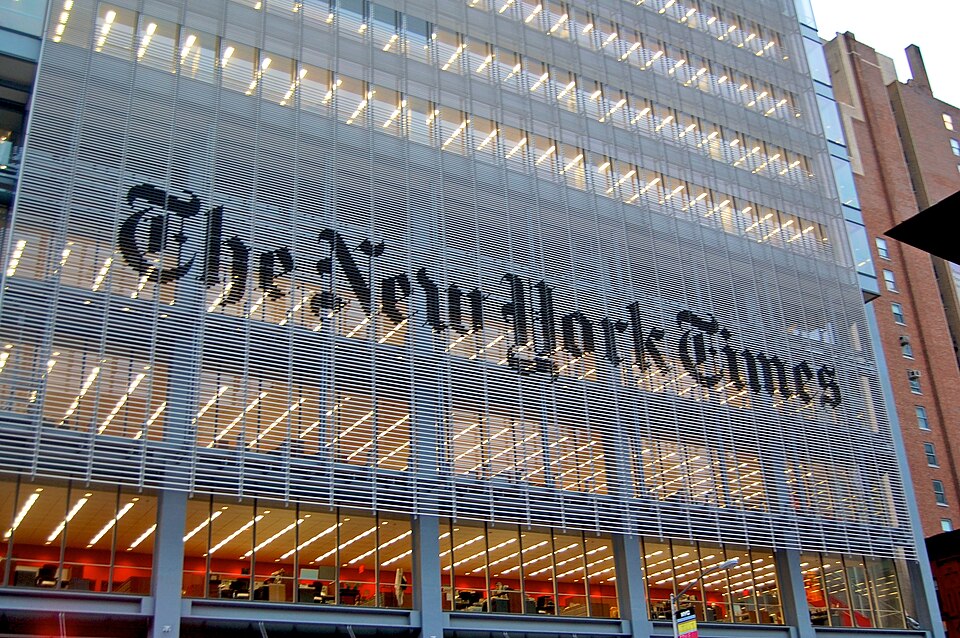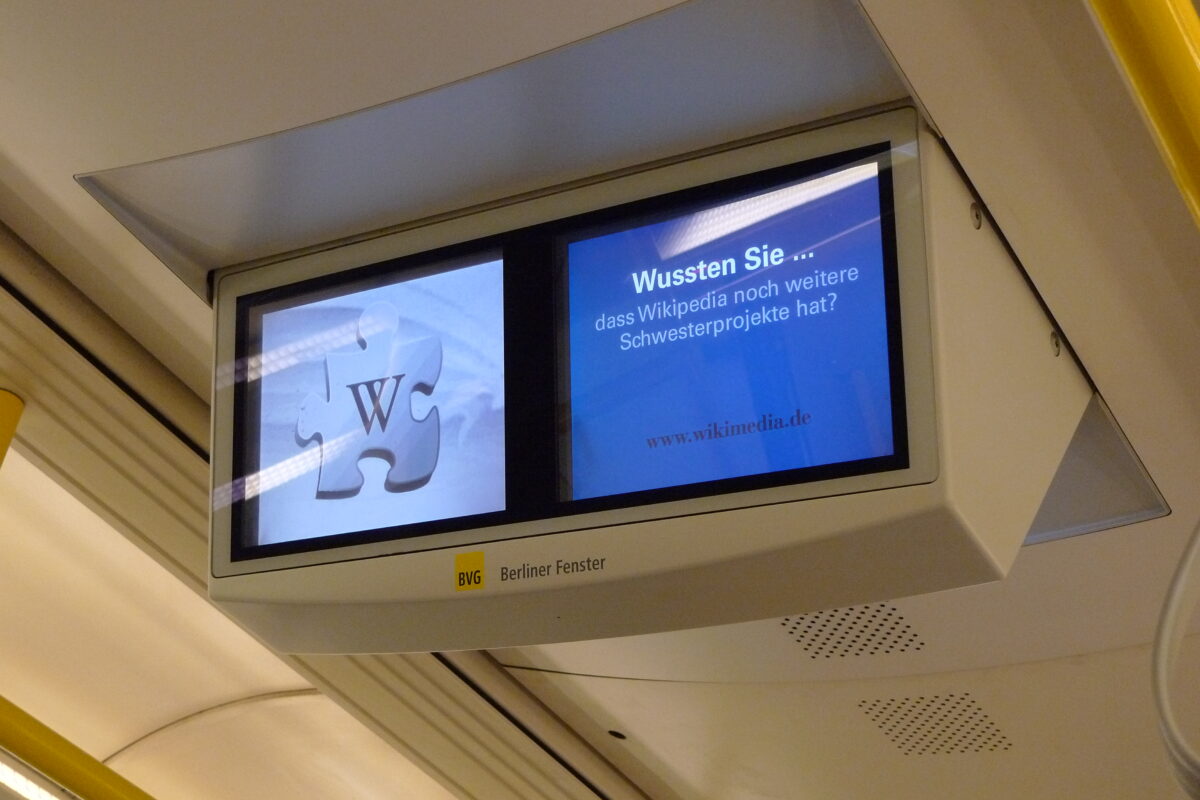A new study by Media Bias Meter, a Tech For Palestine (T4P) project, has undergone a review of over 54,000 news articles in order to analyze how Israel’s genocidal war against Palestine has been framed. The study, titled “Framing Gaza”, considered a range of factors including headline disparities, stereotyping, use of loaded language, and biases of omission, among others. Its findings portray a media landscape which distorts the public’s perception of the Gaza genocide, dehumanizes Palestinians, and allows Israeli narratives to dominate Western headlines.
Articles published between 7 October 2023 and 31 August 2025 from eight Western media outlets of various political orientations (La Libre Belgique, Le Monde, De Telegraaf, BBC News, The Globe and Mail, Corriere della Sera, Der Spiegel, and The New York Times) were collected and subjected to a linguistic analysis using a combination of computer software and human review. Media outlets were assigned a “bias score” based on an analysis of the above-mentioned factors and many other insights. The scores were later aggregated to produce a ranking, which placed The New York Times, Der Spiegel, The Globe and Mail, and the BBC as the top four most biased news outlets, surpassing outlets generally considered to be more ideologically oriented to the political right—such as De Telegraaf.
The methodology of the research team behind Media Bias Meter was primarily quantitative, collecting a large corpus of text data and analyzing keyword frequencies. This sort of data provides an excellent baseline for further qualitative analyses—contextualizing the findings with additional reports and the histories of its subjects: major news media outlets.
On the importance of media criticism
Critically analyzing the media we consume is not merely an academic adventure, but a core responsibility for those in pursuit of a democratic society—hence the importance of studies such as “Framing Gaza”. News media is often referred to as the “fourth estate”, a term which signals the importance of journalism as a social institution. Ideally, news media is able to act as a check on other institutions within society by revealing important information which may not be convenient for elites but is of vital importance to the people.
Of course, we do not live in an ideal world but in a capitalist world-system. In our world, for-profit news media prioritizes framing the news in ways which appeal to certain demographics—specifically, those (generally wealthier) demographics that advertisers are most interested in marketing to. They must maintain relationships with their sources and refrain from publishing information which might break a relationship, denying them future information which would instead be presented to their competitors—lowering their position in the capitalist rat-race.
These material realities, among others, result in various kinds of biases in reporting which are inherent and pervasive throughout major media outlets. This necessitates the active and focused development of media literacy skills on the part of the people. All kinds of news media (be they corporate, state-funded, or alternative) possess unique scopes and limitations, unique sets of bias filters which readers must be aware of. News media has a huge impact on the “common sense” of a society—the “taken-for-granted” ideas that are held to be true almost unconsciously, without any critical reflection. But by reflecting on the information we receive critically, by taking the time to subject it to intense scrutiny, readers are able to exercise what Antonio Gramsci called “good sense”.
This use of “good sense” is needed more than ever as the Western world remains apathetic at best, and outright complicit at worst, while Israel continues to commit countless war crimes against the Palestinian people. Media biases in coverage of Israel and Palestine are widely pervasive, with large corporate and state-funded media outlets systematically framing a one-sided narrative. Media critics have analyzed various tropes in Israel/Palestine coverage, ranging from word choice to whether or not international law is even mentioned when Israel violates it. Projects such as the present study by Media Bias Meter are vital to understanding how public opinion is manufactured and why it is important to hold news media to account.
Contextualizing the findings
As the study notes, “headlines shape first impressions” and, furthermore, set one’s expectations for the article they are about to read. In the age of social media, headlines take on an even greater importance as they may even be the only information a reader sees at all. When it comes to coverage of the Israeli war against Palestine, Israel has been granted dominance in the headlines of all eight of the outlets in question. The New York Times mentioned Israel a staggering 186 times for each reference it made to Palestine in its headlines. Meanwhile, the lowest ratio comes from Italy’s Corriere della Sera which still mentions Israel thrice as often in the headlines as it does Palestine.
Of course, even many of those relatively scarce mentions of “Palestine” at the top of the page were not referring to Palestine itself, but rather to pro-Palestine movements or protests. The argument has been made that editors tend to avoid naming states that are not formally recognized, and the study points to the obvious contradiction between coverage of Palestine and Taiwan by The New York Times. The same could be said for German media, as insiders at Deutsche Welle (DW) have shared internal style guide recommendations instructing staff to refer exclusively to the “Palestinian territories” rather than Palestine, but, as one insider notes, this rule is not applied to other cases (“we can say Taiwan, we can say Kosovo and the Western Sahara… there does seem to be some Palestine exceptionalism…”). While the editorial teams of Western media outlets point to the formal recognition of a state as their criteria, it might be more accurate to conclude that they are actually just reluctant to break from the “official” narratives of Western state elites.
Then there is the disparity in how these media outlets contextualize statements about Israel or about Palestine. October 7 is consistently referenced, while mentions of the 2007 blockade are relatively scarce in comparison by factors ranging from 4 (Le Monde) to 215 (Corriere della Sera). Such discrepancies mean that readers are provided with little to no historical context as they read a narrative which is told as if October 7 happened in a vacuum, ignoring the decades of oppression and violence Palestinians, particularly in Gaza, have been subjected to.
The study also looked at how often the eight media outlets repeated certain terms that are instrumentalized by Israeli narratives—“precision strikes”, “human shields”, and “self-defense”. This is important, as many media outlets have chosen to defer to official Israeli talking points rather than undergo the much harder work of upholding the basic essentials of journalistic integrity. For example, another study on German media has found that many German outlets rely mainly or in some cases solely on official Israeli sources.
From December 2024 to August 2025 a number of international organizations (including FAO, UNICEF, WFP, and WHO) repeated warnings about soaring malnutrition and the onset of famine in Gaza. The study found that despite the increasingly dire situation, terms related to “famine” and “starvation” were still used less frequently than terms related to “terrorism” across the board. Only in July 2025 did this change (and even then, not for all of the outlets considered), as the IPC published a report stating plainly that “the worst-case scenario of Famine is currently playing out in the Gaza Strip” which made the rounds through various news outlets.
The study’s findings on language use are particularly interesting when further contextualized with other reports on how the word “terrorism” has been weaponized against certain groups of people by Western media outlets. For example, a Critical Discourse Analysis by researchers publishing in the International Journal of Palestine Studies noted how lexical choices in Western media coverage humanized Israeli hostages while Palestinians are “abstracted into faceless actors or labeled ‘terrorists’, aligning with Orientalist narratives”. Evidently, the manufactured starvation of an entire people was not to be prioritized over the need to propagandize the Israeli narrative—that the “war” is a case of defending the Middle East’s “only democracy” from “terrorists”.
The failures of Western media
Media Bias Meter found a vast disparity in how news outlets discuss the “right to exist” in relation to Israel and Palestine. Der Spiegel, for example, affirmed Israel’s “right to exist” 256 times while only discussing the right for Palestinians to exist 11 times. German media in particular has been incredibly pro-Israel in its coverage, rather brashly given the fact that 73% of Germans support tighter controls over the country’s arms exports to Israel—with 30% favoring a total ban.
These data further contextualize what many now consider to be a systematic lack of journalistic integrity throughout major Western media outlets. For example, in 2024, Al Jazeera interviewed several DW workers who accused the network of having “double standards” and alleged that DW staff “openly used Islamophobic and anti-Arab slurs in the newsroom”. Similarly, in Britain, over 100 BBC staffers have accused the network of bias in its coverage of Israel’s war against Gaza, stating “Israel must be held accountable for its actions”. In the United States, the New York Times has been subject to sit-ins by protesters and boycotts by writers over its clear biases in favor of Israeli talking points. In an analysis of misinformation regarding the Israel/Palestine conflict, even Germany’s DW has now concluded that “the volume and scale of misleading content is currently greater on the pro-Israel side”.
Out of the eight media outlets which were analyzed, the study did not find a correlation between political orientation and the level of bias regarding Israel’s genocide against Palestinians. The study’s conclusion briefly speculates that the ways publications perceive the views of their respective audiences could be an explanation for this finding. While there may be something to say about how various ideological tendencies influence certain values, it would also be worthwhile to explore this point from a materialist/economic perspective.
Corporate news media is, after all, a for-profit endeavor which operates by selling a product (the audience) to a consumer (advertisers). Advertisers generally want wealthy audiences with enough disposable income to purchase their advertised products. It is therefore also important to contemplate the economic incentives of for-profit media outlets in order to maintain the types of audiences that advertisers find appealing—for example, a past analysis on coverage of the labor movement in the New York Times found that the narratives it presented became increasingly anti-labor and pro-business as the company shifted its business strategy to appeal to wealthier individuals (who, with their greater disposable income, are more appealing to advertisers).
Moreover, some €42 million have been spent by Israel in service of its Hasbara propaganda campaign, which seeks to manufacture public support through ad campaigns. For-profit media outlets may have various ideological incentives which explain their biases towards Israel, but they also have economic constraints which can be manipulated and exploited. The good news is that ideological hegemony in and of itself implies the possibility for counter-hegemonic struggles. Challenging Western media on both ideological and economic grounds is vital to replacing the hegemonic narrative with one more firmly rooted in demonstrable facts. The data derived from Media Bias Meter’s new study both reaffirms and contributes in important ways to the existing body of literature on news coverage of the Israeli war on Palestine. Most importantly, studies such as this equip activists and socially-minded individuals with the tools needed to win back terrain in the “Battle of Ideas”.





